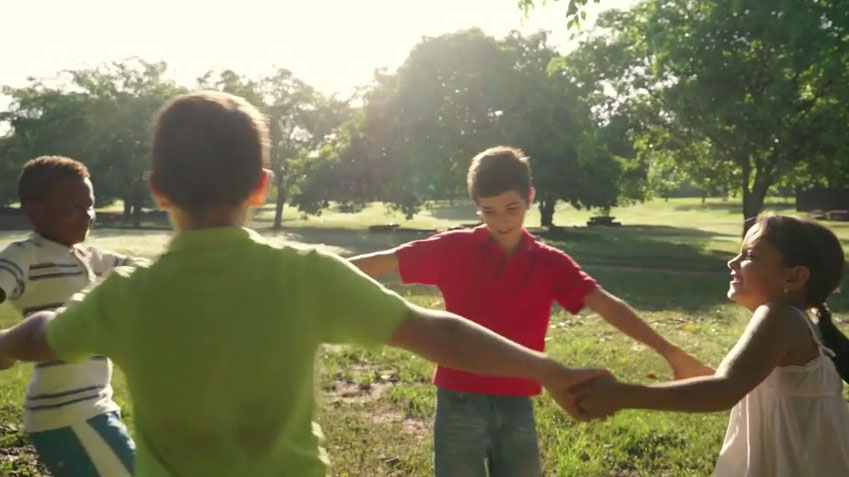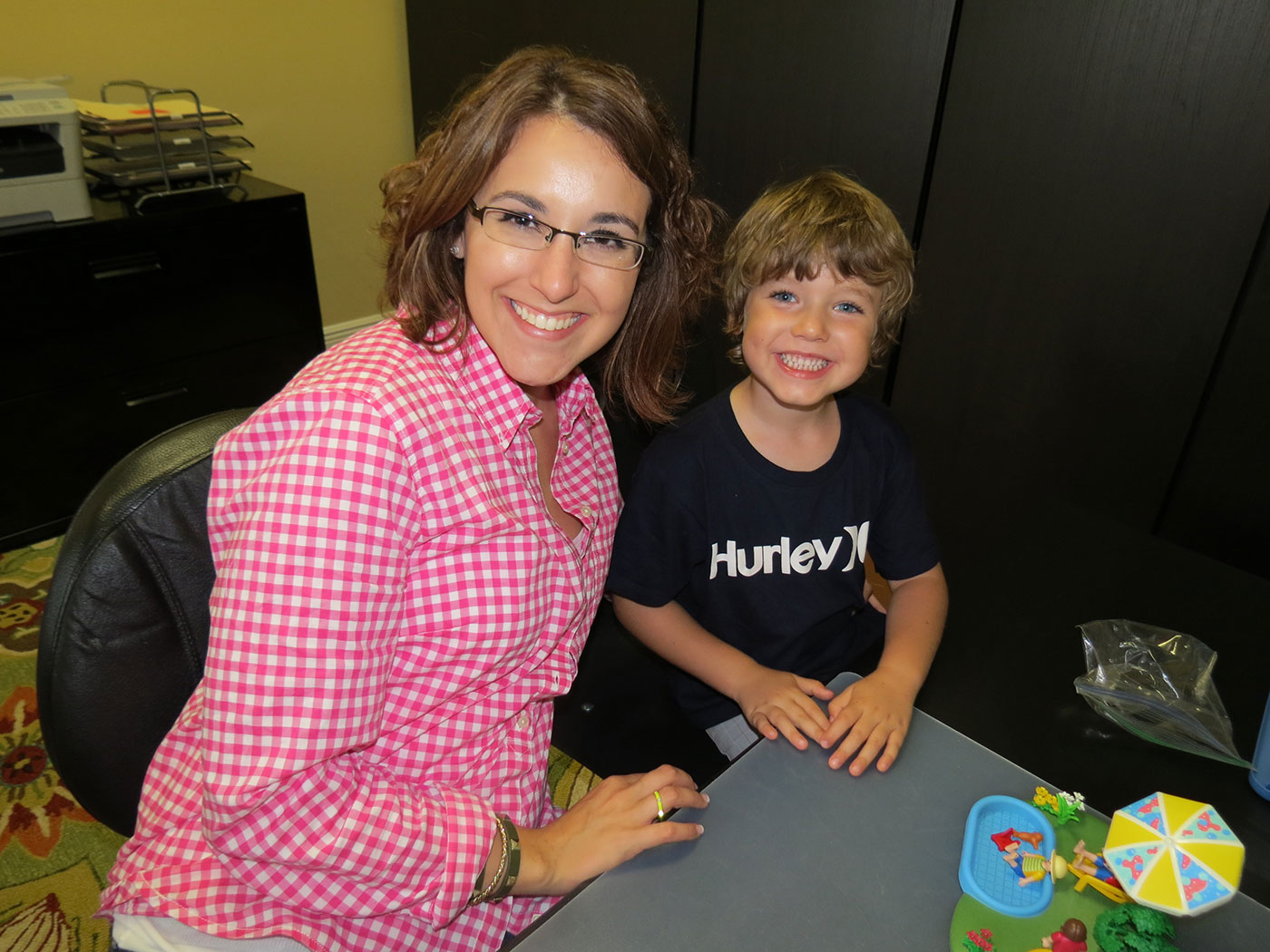Will my child develop social skills on his/her own?
Generally speaking, social skills encompass basic interaction skills (listening, eye contact, smiling), entry/approach skills, maintenance skills (taking turns, following rules, cooperating), friendship skills (showing affection, including others, mutual decision-making), acceptable conflict resolution, empathy/perspective taking, self-advocacy (communication of needs/ideas), assertiveness, and understanding/using humor.
All of these component skills allow an individual to achieve success or competence in a social situation. Social competence is a higher-level developmental skill that continues to be shaped and learned throughout adolescence; it is a skill that does not come intuitively to children who have difficulties with social/pragmatic abilities, those on the Autism Spectrum, and those with developmental disabilities that impact a child’s ability to interact with others in a socially appropriate manner. Thus, these skills need to be explicitly taught and practiced, given feedback, for them to be adequately and appropriately learned. In the typical progression of speech and language development, social-pragmatics is one of the last skills that children acquire due to the foundational communication required before children can be successful in using social skills and the complex nature of these more-advanced cognitive skills.
These multifaceted skills, which play an important role in your child’s development, are addressed in a dynamic group setting with developmentally and age-matched peers as a part of our unique Socialights Program; the only social groups in the Tampa Bay area lead by skilled occupational and speech-language therapists. Overall, the combination of these two disciplines within our various programs addresses language, motor, and sensory processing needs that directly pertain to social interactions and success within social encounters.
« Back To FAQs

